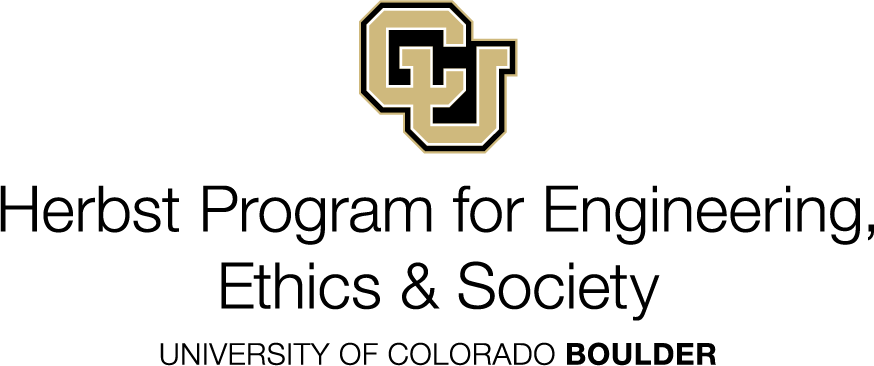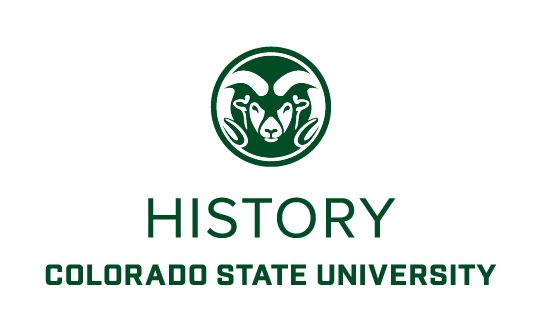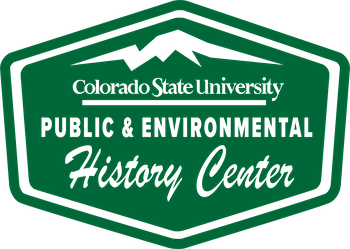
ASEH 2024 Call For Proposals is Now CLOSED FINAL DEADLINE TO SUBMIT PROPOSALS IS AUGUST 1, 2023. Interested in Chairing a Panel? |
Call for Proposals – ASEH 2024 Annual Meeting Denver Changing Climates: Environmental Histories of Extractivism and Speculation Our climates - social, professional, cultural, and environmental - are changing. These changes can create exciting opportunities, as when our institutions and disciplines become more diverse and inclusive, or catastrophic, as when anthropogenic activities spark climate chaos with unpredictable consequences for the more-than-human world. Given the breadth of its temporal scope, environmental history is uniquely positioned to offer insights into changing climates of many kinds and to focus on two main drivers of change: extractivism and speculation. As environmental historians, we know that these themes run deep and wide, connecting to myriad stories in diverse temporal and geographic contexts. The American Society for Environmental History invites proposals to its annual conference, to be held April 3-7, 2024 in Denver, Colorado, that explore the roles of extractivism and speculation in changing climates of many kinds, with attention to the diverse valences of these categories: from histories of industrial speculation about and extraction of fossil fuels; to extraction of wealth to colonial metropoles; to the role of history in speculation about our environmental futures; to extraction of environmental knowledge from Black, Indigenous, and other communities of color. Extractivism – intensive and systematized appropriation of resources of many kinds – has long characterized particular kinds of human relationships to the non-human world. The mode of economic and environmental relations plays a key role in climate change and reinforces unjust economic dependencies. As a form of exploitation, extractivism has a special capacity to turn renewable resources into non-renewable ones, causing irreversible damage to the more-than-human world. The constant and seemingly unending expansion of extractivism deepens historical gashes in landscapes and waterscapes in places already disadvantaged by global capitalist regimes. Speculation has contributed to extractivism as a means of financing extractivist industries; but speculation as an imaginative process can also help us envision more just environmental and social futures. Yet it is in this capaciousness that we see speculative and real possibilities where future action and activism could find root and thrive. As we navigate the urgent impacts of anthropogenic climate change, we must also consider the urgent necessity of a cultural climate change, adaptations of dominant ways of relating to each other and to the world around us. If speculation has played a key role in environmental histories of extractivism, we believe that environmental historians have a crucial role to play in building speculative futures. In 2024, we gather in Denver, Colorado, on land that has long been and continues to be stewarded by the peoples of the Ute (Núuchi-u), Arapaho (Hinono'ei), and Cheyenne (Tsistsistas) Nations, as well as serving as a transnational, multiethnic hub of trade, commerce, and travel. Colorado’s contemporary identity is informed by state, regional, national, and global environmental histories of settler colonial extractivism – from the name of Denver’s professional basketball team, to ongoing conflicts throughout the state over fracking, to the overtaxed water of the river that shares its name (the Colorado River) - extractivism provides a crucial lens for understanding this place. Its landscapes and social relations are shaped by histories of speculation. These themes are both particular to Colorado and connected to broader issues that are of concern to environmental histories of a wide range of diverse places and stories. Submission Guidelines While programming in Denver 2024 will emphasize the theme of climate change and extractivism, this conference, like all ASEH meetings, will feature research on all facets of environmental history, from any geographical or temporal context. This theme may resonate with scholars working on Indigenous histories, Black ecologies, food histories, energy histories, infrastructures, animal studies, landscape architecture, environmental justice, area studies, environmental knowledge production, and environmental activism. We encourage participants to make concrete connections between their work, climate change and climate justice. The Program Committee welcomes traditional panels or roundtables; individual papers; posters; author-meets-critic(s) sessions; lightning sessions; teaching and pedagogy sessions; innovative formats; panels that feature GIS, StoryMaps, and/or other emerging technologies; and sessions that encourage active audience participation. Conference sessions are set at 90 minutes, including the requisite 30 minutes for discussion. The Program Committee encourages proposals from participants engaged in historical scholarship (including public historians, independent scholars, contingent faculty, and historical consultants) and from different types of institutions (universities, government agencies, museums). The Program Committee welcomes panelists who are not academics and encourages ASEH members to engage with and actively include diverse practitioners, including exiled and incarcerated people, Elders and Knowledge Keepers, people working under occupation, and grassroots activists. All panels, but particularly those that are focused on histories of gender and sexuality, disability, race, Indigeneity, or work that is community-engaged/community-based should take seriously issues of diversity of representation in panel composition. The Program Committee encourages those developing panels on topics focused on historically marginalized groups to build relationships with scholars of diverse backgrounds and make a space for these scholars in these panels. We look forward to receiving panels, papers, and alternative sessions that demonstrate a commitment to the principles of disability rights and inclusivity as well as universal accessibility. We encourage complete session proposals. To find co-panelists go to the Open Sessions page and post your information there. Individual papers are welcome and we will endeavor to construct sessions from proposals for individual presentations. In the event that the Program Committee finds proposals for individual papers that would enhance complete panels, we may add a paper to a panel with only three presentations. Submission proposal types include:
Virtual Participation Virtual participation in our annual meeting seeks to enable inclusion of those presenters for whom travel and in-person participation would not otherwise be possible. Ensuring the accessibility of our conference calls for intentional and advance planning. Virtual participation in the 2024 meeting includes the following options:
Another option for those who cannot attend the ASEH in person is to propose a poster that will be displayed at the conference. Guidelines for poster submissions can be found on the ASEH website. We regret that posters cannot be mailed to the conference site in advance and so you will have to make your own arrangements to submit the poster if you cannot attend. ASEH members are reminded of the society’s travel grants which exist to offer some financial support for presenters including in particular graduate students, international presenters, and those with limited access to funds to support conference participation. Recorded presentations and registrants at the virtual ASEH conference will be expected to pay conference registration fees. Those who wish to organize virtual events are also encouraged to consider submitting independent events to Environmental History Week. Please note that individuals can be a primary presenter in only one panel, roundtable, or other session proposal, but can also serve as chair or commentator in a second session proposal. ASEH remains committed to inclusivity with regard to race, ethnicity, gender, gender expression and identity, sexual orientation, and physical abilities both in terms of participation and topics discussed at our conferences. Deadline for Submissions is August 1, 2023. |
Thank You |
|
|
|  |
|
|
|
|








